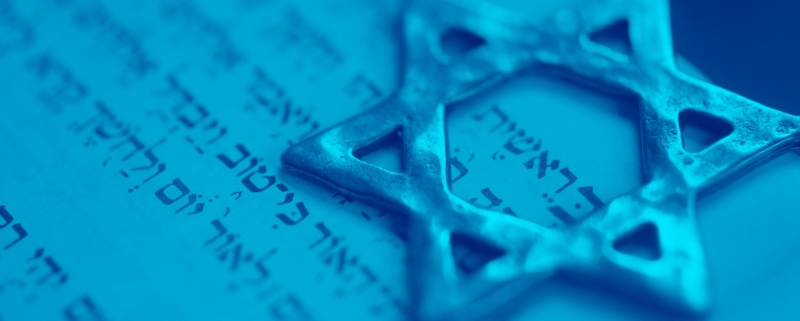The Broader Issue
Judaism and Islam stem from the same foundational idea that we are the Children of Abraham, descendants of our common patriarchs and matriarchs. Although both Judaism and Islam have many different interpretations of their core teachings, there are a few common values that are held by both religions: that we are all "People of the Book," and Islam is a continuation of Abraham's monotheistic faith; and that peaceful co-existence comes from honoring one another and one God.
The identification of prominent radical terrorists with extremist sects of Islam in the last several decades has contributed to a fear of Islam as a religion, and Islamophobia has been on the rise in the United States. Additionally, the political climate has begun to reinforce the alienation of Muslims by speaking broadly about the religion and intertwining it with issues of immigration and national security, most recently with President Trump's Executive Order on Immigration, which many viewed as anti-Muslim. Indeed, FBI statistics report that anti-Muslim hate crimes have been on the rise, instilling fear among Muslim Americans.
While Islamic-Jewish tensions are high in certain regions, and over certain topics, the religions are perceived very differently within and by the United States; as Reform Jews who, although we struggle against antisemitism, overall enjoy a well-integrated and well-respected social standing, we have an obligation to engage our Muslim neighbors in dialogue, and to be their supportive allies.
The Reform Movement Position
The Reform Jewish Movement is committed to engaging in Muslim-Jewish dialogue, and promoting positive, peaceful relations within the United States. We have numerous partnerships with interfaith and Muslim organizations that share our values, a program with the Foundation for Ethnic Understanding to pair congregations and mosques, and the Union for Reform Judaism and the Islamic Society of North America have co-authored the Children of Abraham: Jews and Muslims in Conversation guide.
Guiding Questions
- Why is storytelling an important part of Interfaith dialoguing?
- What is the difference between hearing someone and listening to them, without waiting to speak? Why does this matter when practicing interfaith dialoguing?
- What are a few key ideas that you learned about how to do interfaith dialoguing?
- How and when do you think you’ll have the opportunity to do this kind of work in your community? Why is this so important and what could those next steps be?
Taking Action & Learning More
Raising awareness is the first step, but in order to affect real change, ongoing, tangible action needs to be taken. Your family, and your teen, may consider some of the following options to take their learning to the next level:
- Visit the Religious Action Center’s Urgency of Now website for immediate legislative action items, such as advocating your position to members of Congress.
- Mitzvah Corps Pacific Northwest gives teens a chance to spend two weeks during the summer working with primarily Muslim refugees, welcoming them and engaging in meaningful dialogue.
- Mitzvah Corps Israel brings teens to Israel for three weeks each summer to engage in a variety of interfaith conversations and projects around the country.
Find more from NFTY, the Reform Youth Movement.
Explore Jewish Life and Get Inspired
Subscribe for Emails

